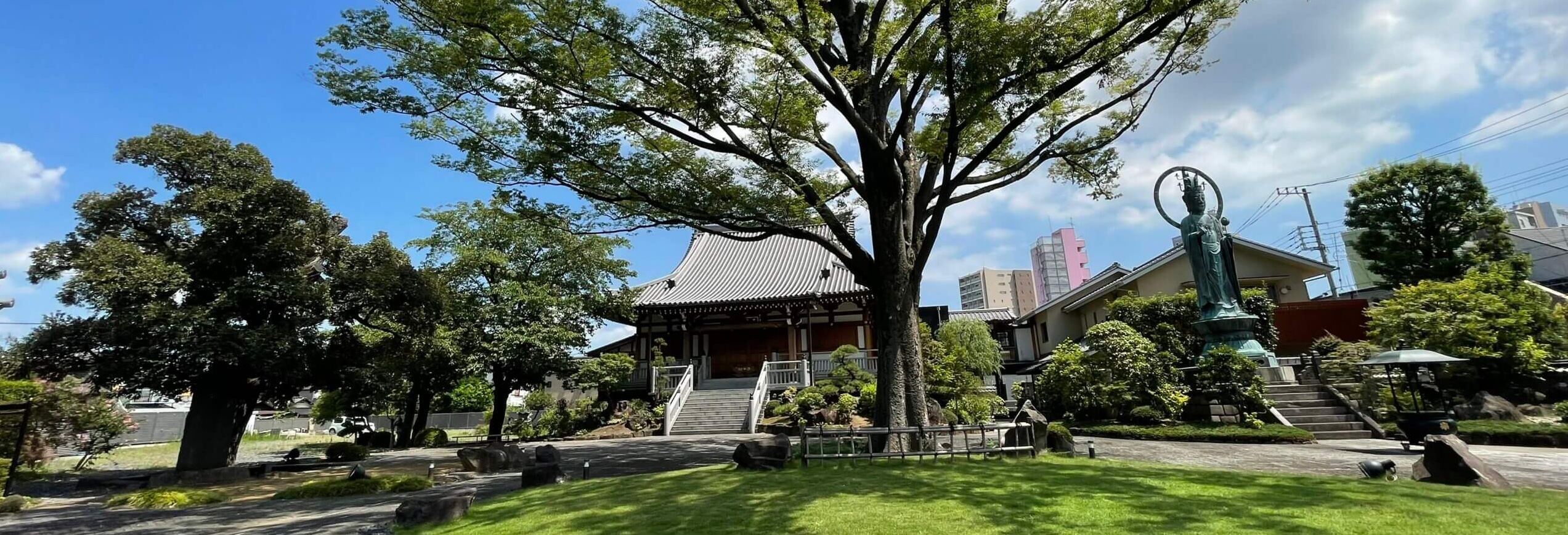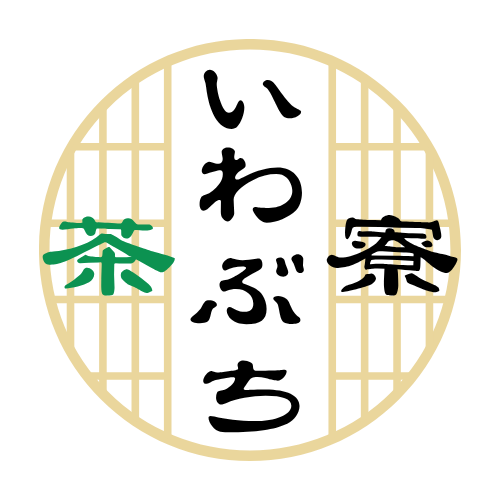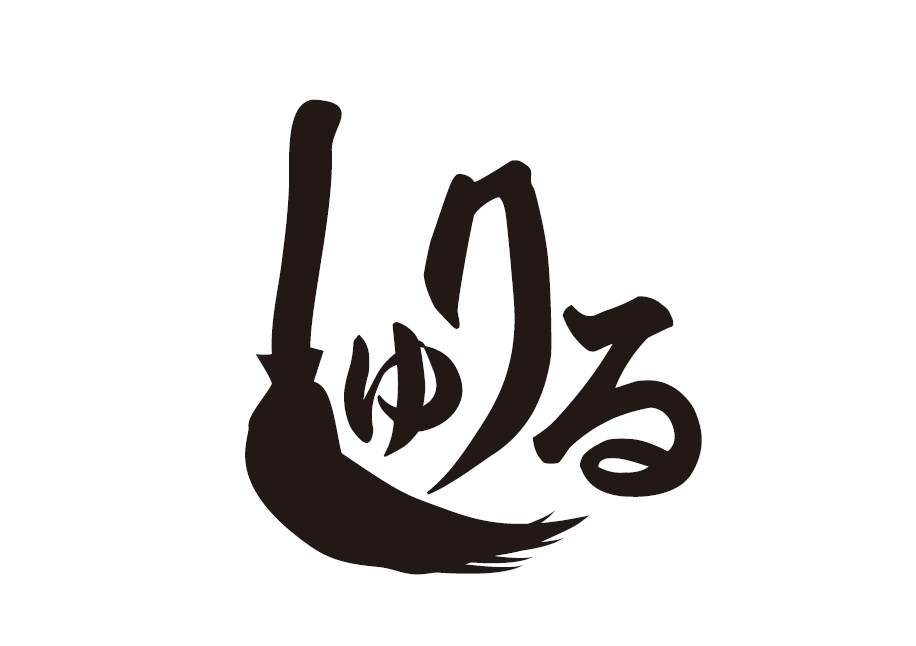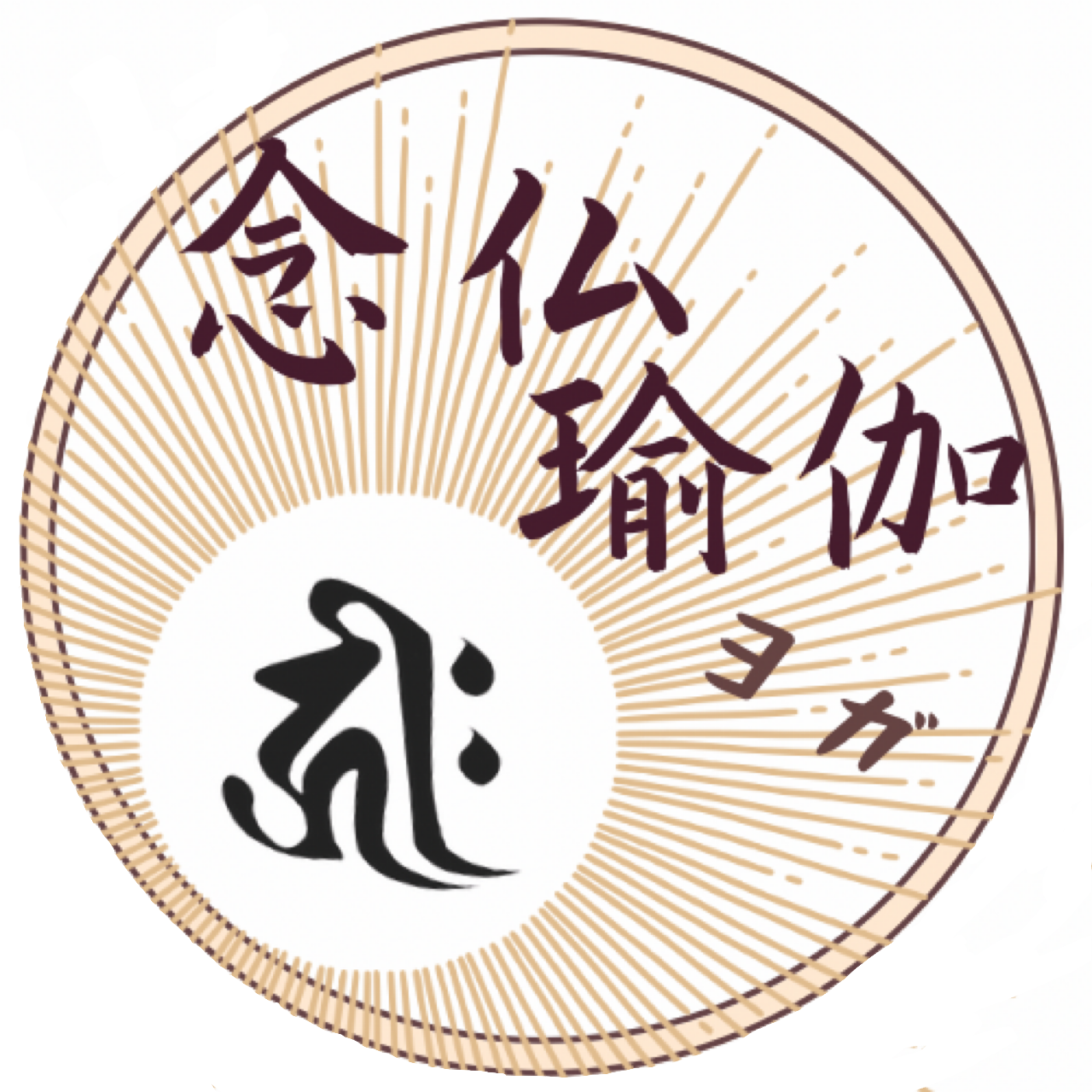Towards an open Buddhist temple
How difficult it is to put into practice something that should be taken for granted.
Every activity at Shokoji Temple has value as practical Buddhism. Even something as simple as cleaning is not just a chore, but a form of Buddhist training that allows one to look inward and live a peaceful life in both body and mind. This is something that is perfectly natural, but at the same time, we know that putting this obvious thing into practice is very difficult. We must not only know about it, but also strive to put it into practice and take action.
Shokoji Temple has returned to its origins and has reaffirmed that all of its activities should be offered to those who wish to engage in introspection and chant the Nembutsu as Buddhist training, and it would like to provide maximum value to not only its parishioners but also to as many people as possible. This is because that is the original role of Shokoji Temple. However, in order for Shokoji Temple to fulfill its original role and contribute to society, it needs the help of many people.
The group that brings together the strengths of many people based on the spirit of harmony is called the Shokoji Sangha (monastic community), and Shokoji will provide maximum value to society.
Sangha is a Sanskrit word meaning "group" or "association," and in Buddhism it has been used to mean a group of monks. Because Shokoji Temple is an organization that contributes to society with the Buddhist spirit of harmony, we decided to use the word Sangha.
The value of university collaboration
It is well known that there is no point in dividing the two groups into those who create value and those who study. This is because the greatest learning is through practice. Shokoji Temple places the utmost importance on practice, and we actively provide students with a place to practice, while also asking them to lend a hand in our activities as an open, practical Buddhist temple.
In addition, we are considering collaborating with multiple universities and multiple seminars, rather than simply collaborating with one university or one seminar. We believe that students will be able to enjoy even greater value in that they will be able to share values and abilities with those outside of their own university.
Of course, the collaboration will not only include students, but also active seniors, child-rearing generations, and corporate organizations, so it will be useful not only for job hunting, but also for the importance of accepting diverse values through intergenerational exchange and living together, and putting them into practice.
When students get involved in this activity, it helps build the foundation for them to become talented individuals who can go out into society and make proactive contributions to it.
The value of collaboration with active seniors
It has been a long time since we have been told that we can live to 100 years old. There are many people who look and feel physically like they are not of the senior generation. There are many things we can learn from them and borrow their strength from them. In particular, their experience as cultural transmitters should be put to good use.
In the first place, there is no need to classify people as active seniors. Everyone should contribute to society to the extent that they can. That's all there is to it.
Contributing to society is the joy of living. Staying involved in activities is very important for living a fulfilling life.
The value of collaboration with the child-rearing generation
Child rearing is the basis of all living things. Relationships with the generation that shoulders this responsibility are essential to raising children as a society as a whole and to raising a sense of coexistence.
In order to foster a pure spirit throughout society of raising children as if they were our own children, Buddhist introspection and chanting activities are very effective.
The value of working with corporations
We are in an age where it is already assumed that a company's business itself is a contribution to society, and further contributions to society are expected on top of that. Rather than understanding this as a burden, it should be understood as an opportunity, and companies that create and provide value through their business are emerging in all industries.
By getting involved in such activities, corporate organizations can provide students with opportunities for growth, parents with children with a safe environment to raise their children in, active seniors with a place to thrive, and improve the cultural standard of society.
The value of working with corporations
We are in an age where it is already assumed that a company's business itself is a contribution to society, and further contributions to society are expected on top of that. Rather than understanding this as a burden, it should be understood as an opportunity, and companies that create and provide value through their business are emerging in all industries.
By getting involved in such activities, corporate organizations can provide students with opportunities for growth, parents with children with a safe environment to raise their children in, active seniors with a place to thrive, and improve the cultural standard of society.
Learning about Japanese cultural values through different cultures
Even though Japan has such a wonderful culture that includes Buddhism, many Japanese people underestimate their own cultural value. Most Japanese people only understand the cultural value of Japan in famous places such as Kyoto and Nara. For foreigners and others who do not know much about Japanese culture, even a single Japanese cityscape is an exotic and attractive culture in itself. The same goes for the town temples that can be found everywhere. For us, the values that are taken for granted are the profound charm of Japan, and we have a responsibility to spread the word about all kinds of Japanese experiences both at home and abroad. I believe that this is one way of doing the "simple missionary work = public relations" that has been done in every era without forcing anything on others.
As the operators of Shokoji Temple, we feel that we have a responsibility to transform the temple into an open, practical Buddhist temple by communicating the ordinary everyday life rooted in valuable Buddhist culture to people both in Japan and overseas, and allowing them to experience and understand it.
The formation of the Shokoji Sangha (monastic community) is evidence that our ideas are beginning to take shape.
Respect for life and Japanese cultural values through food
Food starts with growing, then harvesting, cooking, and eating together. However, many people never experience harvesting. Some never experience cooking. They just eat what is served. Or worse, they eat alone. That's not to say that everything is bad. However, it is important to go back to basics from time to time and practice growing, harvesting, cooking, and eating food together. This is because, due to the busyness of everyday life and the environment, it is easy to forget to be truly grateful.
The hardships of growing food, the joy of harvesting, the surprise of how delicious it can be cooked, the joy of eating together. We need these kinds of emotional excitement. Since ancient times, the Japanese have treasured these feelings in the midst of their beautiful natural surroundings.
We have a responsibility to pass on this "beautiful Japanese spirit" and "spirit of living together" to future generations and to the world at large, and to make it known to everyone.
What is introspection?
What exactly is introspection? It is the act of reaffirming the true essence of things and the important things that we tend to overlook when we are so swamped with the daily grind of life.
Why is it called "reconfirmation"? It is because we do not realize the important and essential things that we naturally come into contact with as we live, or even if we realize them, we forget them, or even if we remember them, we are unable to put them into practice. The purpose is to remember them, that is, to reconfirm them and put them into practice.
You can do introspection by yourself. This is because it enhances your mental strength and concentration and allows you to think deeply. You can also do it with others. This is because you can realize and reaffirm many things while sharing your joy based on the spirit of harmony.
It is important to continue with introspection, because we tend to get so busy with our daily lives that we forget about it or neglect it.
Many of the things we reaffirm through introspection are very simple and obvious things. Nevertheless, they are all difficult to continue putting into practice.
If you cannot put it into practice, it means that you only know but do not understand. It is important for us to go from a state of knowing to a state of understanding through introspection, and to continue to maintain that state. That is introspection.
the purpose
All activities at the temple are offered to people as Buddhist training that leads to introspection and nembutsu, achieving harmony of mind and body and a gentle face and kind speech.
activity
- Introspection through mental cleaning activities (maintenance)
Practical Buddhism is a practice that allows you to calm your mind through cleaning activities such as sweeping up fallen leaves, watering, weeding, general cleaning, wiping your body, wiping windows, cleaning toilets, and cleaning ponds and water basins, and to reflect on yourself (the act of reaffirming what is important and essential) so that you can spend the rest of your days in peace of mind and body.
- Introspection through dialogue with nature (planting, pruning, and maintenance)
Practical Buddhism that allows you to calm your mind through planting and witnessing the state of nature, and to reflect on yourself (reaffirming what is important and essential) so that you can spend the rest of your days in peace of mind and body.
- A sacred place of prayer: Humans are the ones who give souls to the Buddhas
Practical Buddhism that allows you to calm your mind through conversation with various sacred statues such as Jizo and child-rearing, and to reflect on yourself (reaffirming what is important and essential) so that you can spend the rest of your days in peace of mind and body.
- Traditional Events: Introspection through Experience (Rituals and Ceremonies)
Practical Buddhism that allows you to calm your mind and reflect on yourself through traditional events such as Segaki and Higan ceremonies, sutra copying sessions, and monthly memorial services, so that you can live your days in peace of mind and body.
- Buddhist altar equipment: Introspection through a simplified environment
It is difficult for us to introspect unless we have a certain environment. There are many ways in which having even one amulet can make a difference in your state of mind. Practical Buddhism relies on Buddhist objects to assist introspection, allowing you to spend the rest of your days in peace of mind and body. (Here, we no longer understand them as "lucky charms" but as "Buddhist objects")
- Half-abandonment memorial service: Introspection through dialogue with life (including vegetarian cuisine experience)
Hansai Kuyo is a ceremony to express gratitude for life, and gratitude for having been given life. Hansai Kuyo is a ritualized version of this. With gratitude for life as a premise, we all share a meal and engage in introspection activities through making the most of the food.
- Introspection through a stay at a temple lodging (daily life experience)
We will provide traditional values to those who value experiences that can be gained through the eyes of the people who live in that place. Therefore, rather than placing value on a well-organized, comfortable environment, we will provide thorough experiential value.




